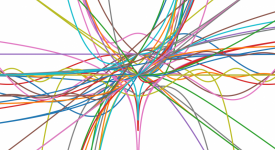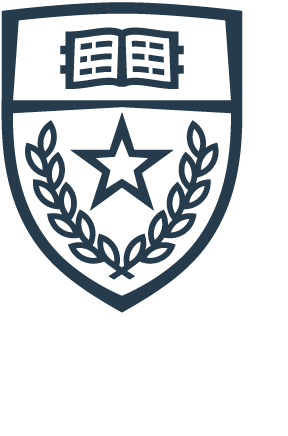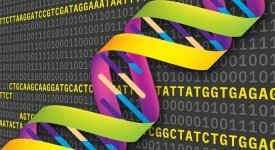




Illustration credit: Nicolle R. Fuller/National Science Foundation










Plot of the activation functions the researchers discovered

UT alumni Denis Ignatovich (right) and Grant Passmore (left)



,Sophia Li from Murphy, Texas, is the recipient of the Charline and Red McCombs Family Forty Acres Scholarship

,Lana Mohamed from San Antonio, Texas, is the recipient of the Stamps Forty Acres Scholarship

Amelia Nickerson from Leander, Texas, is the recipient of the Sarah M. and Charles E. Seay Forty Acres Scholarship

TXCS junior Rosaleen Xiong

TXCS student Amir Mostafavi (left) and his friend Ali Ajam, the developers of kovid19.org


Isil Dillig (left) and Swarat Chaudhuri are part of a new, multi-institution initiative aimed at better understanding what happens inside artificial intelligence "black boxes."








